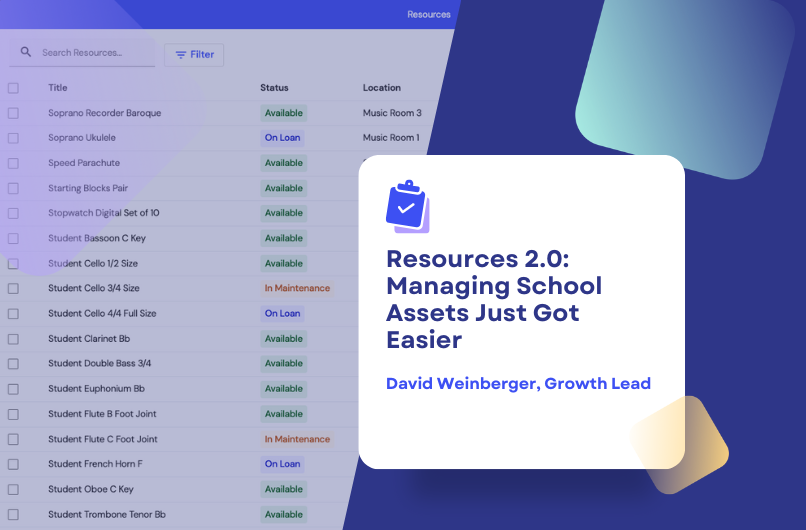Extracurricular activities play a vital role in a student's educational journey, offering opportunities for personal growth, skill development, and the chance to explore passions beyond the classroom. However, with the myriad of options available, choosing the right extracurricular activity can be a daunting task. In this blog post, we'll explore the key considerations for parents to aid in their child’s rewarding and fulfilling extracurricular experience.
Understanding Personal Interests
The first step in choosing the right extracurricular activity is understanding individual interests. Whether it's sports, arts, academic clubs, or community service, aligning the activity with personal passions creates a sense of enthusiasm and commitment. Encourage your child to reflect on their hobbies, talents, and the subjects that ignite their curiosity.
Assessing Time Commitment
Balancing academics and extracurricular activities is crucial for overall wellbeing. Consider the time commitment required for each activity and assess whether it fits into your child’s schedule - as well as your own! Striking a balance ensures that the extracurricular pursuit enhances the educational experience without causing undue stress.
Reflecting on Personal Goals and Values
Setting clear goals provides direction and motivation. Whether it's improving a specific skill, enhancing leadership abilities, or contributing to the community, having defined objectives helps kids stay focused and derive maximum benefit from their chosen activity. Consider how the values promoted by the extracurricular activity align with personal beliefs and principles. Whether it's fostering teamwork, promoting diversity, or encouraging creativity, an alignment of values enhances the overall satisfaction derived from the chosen pursuit.
Exploring Diverse Options
Don't be afraid to explore diverse options. Trying out different activities exposes your child to new experiences, allowing them to discover hidden talents and interests. Attend club fairs, information sessions, and workshops to get a feel for the variety of extracurricular opportunities on offer. Evaluate the learning environment of each activity. Consider whether it promotes teamwork, critical thinking, and personal growth. A positive and supportive environment enhances the overall experience and encourages active participation.
Seeking Guidance from Mentors
Engage with teachers, counsellors, and mentors for guidance. These individuals can provide valuable insights based on their knowledge of your child’s strengths, interests, and academic performance, allowing you to make informed decisions aligned with their overall development.
Budget and Resource Considerations
Certain activities may involve costs for equipment, travel, or materials. Consider the budget and available resources before committing to an activity. Ensure that the financial aspect aligns with your family's capabilities and schedule to avoid unnecessary strain.
Choosing the right extracurricular activity is a personalised journey that requires thoughtful consideration. By understanding interests, goals, and considering long-term benefits, parents can make informed decisions that contribute to their child’s overall growth and development. Remember, the key is to choose activities that resonate with individual passions and aspirations, ultimately turning extracurricular involvement into a rewarding and memorable part of the educational journey.



.jpg)
.jpg)
.png)






